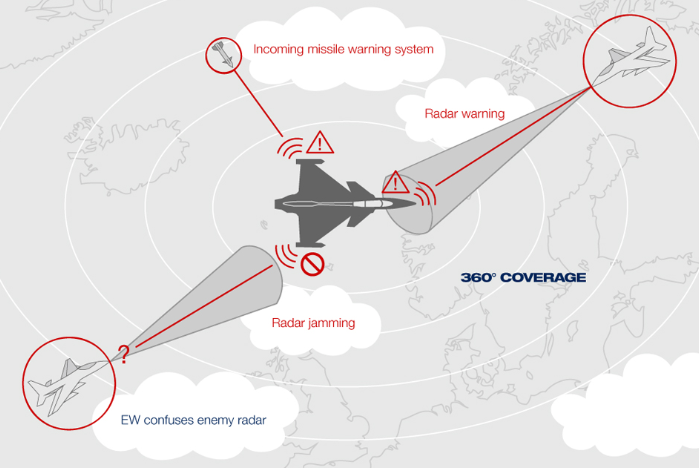Understanding and Acceptance: Why Contentious Issues Divide Us
- TDS News
- Trending
- World News
- July 13, 2024

Image Credit, Mircea Lancu
In today’s society, certain topics like politics, religion, immigration, LGBTQ+ rights, guns, and slavery ignite fierce debates and heated arguments. The root cause of these conflicts lies not only in the contentious nature of the issues themselves but also in how individuals approach discussions about them. Instead of fostering understanding and acceptance, people often try to convince others to adopt their beliefs and ideologies, leading to frustration and division.
Human beings are products of their environments, shaped by decades and centuries of teachings, social constructs, and personal experiences. By the time individuals reach the age of 25, their beliefs and values have become deeply ingrained, making it difficult to change their perspectives. This phenomenon is confirmed by research from the CIA, which highlights that only a small percentage of people possess the ability to reconsider their views when confronted with new, contradictory information. These individuals can analyze, study, and reformulate their opinions, demonstrating openness and flexibility in their thinking.
However, most people are not capable of such mental agility. Their beliefs are solidified, and attempts to change their minds often result in resistance and defensiveness. This resistance is not necessarily a flaw but a reflection of how humans are wired. Given this reality, it becomes crucial to shift our approach to these discussions.
Instead of engaging in arguments aimed at changing others’ minds, we should strive to understand that everyone has different priorities and values. What may be significant to one person might not hold the same importance to another. Recognizing and accepting these differences can lead to more constructive conversations and greater social harmony.
Imagine a world where people acknowledged and respected each other’s differing opinions. Such an approach would reduce conflict and promote a more accepting and inclusive society. By focusing on shared values and common ground, we can foster a sense of unity and cooperation, rather than perpetuating division and hostility.
The key to achieving this lies in empathy and understanding. We must acknowledge that everyone’s beliefs are shaped by their unique experiences and backgrounds. Accepting this reality allows us to engage in discussions without the need to convince or convert. It enables us to move past contentious issues and find areas where we can connect and collaborate.
The solution to contentious debates on sensitive topics is not to change others’ minds but to accept and respect their differing perspectives. By doing so, we can create a more harmonious and understanding society. This approach requires patience, empathy, and a willingness to focus on common ground rather than differences. If we can embrace these principles, we may find that our world becomes a more peaceful and accepting place.








